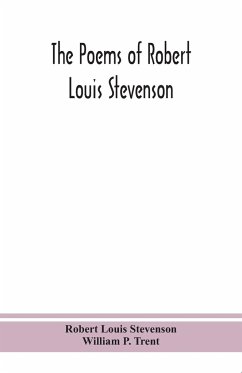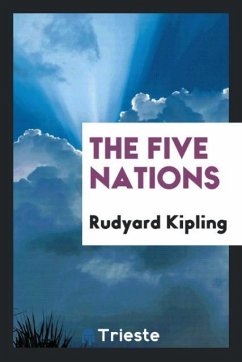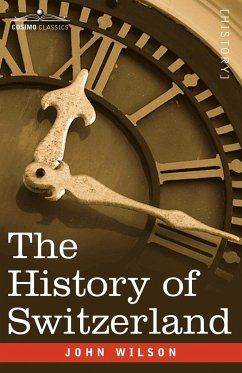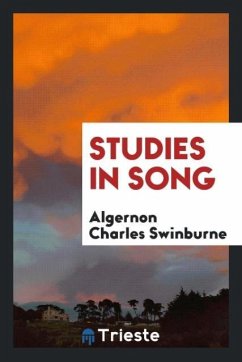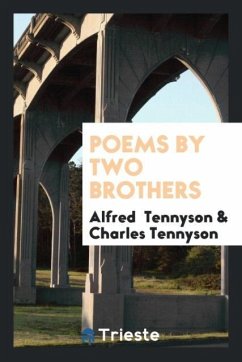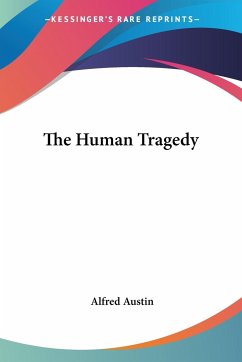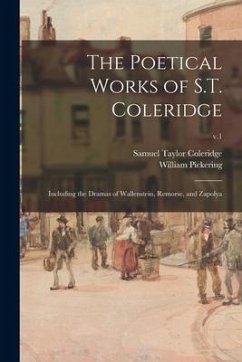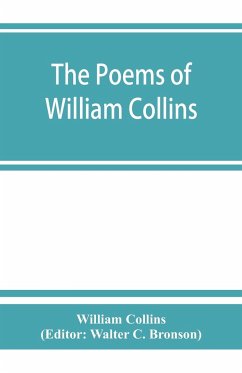
L'Allegro, Il Penseroso, Comus, And Lycidas
Versandkostenfrei!
Versandfertig in 1-2 Wochen
15,99 €
inkl. MwSt.
Weitere Ausgaben:

PAYBACK Punkte
8 °P sammeln!
A luminous doorway into England's poetic heart, L'Allegro, Il Penseroso, Comus, And Lycidas invites readers to walk the fields of memory and imagination in one continuous, living voice. This edition presents Milton's versatile quartet as a single, compelling exercise in form and theme: a renaissance poetry collection that blends pastoral nature imagery with spirited lyricism and moral, religious inquiry. It moves from the bucolic to the sublime, tracing the rival temperaments of mirth and contemplation, darkness and light, in a way that feels both intimate and universal. The result is more tha...
A luminous doorway into England's poetic heart, L'Allegro, Il Penseroso, Comus, And Lycidas invites readers to walk the fields of memory and imagination in one continuous, living voice. This edition presents Milton's versatile quartet as a single, compelling exercise in form and theme: a renaissance poetry collection that blends pastoral nature imagery with spirited lyricism and moral, religious inquiry. It moves from the bucolic to the sublime, tracing the rival temperaments of mirth and contemplation, darkness and light, in a way that feels both intimate and universal. The result is more than a reprint; it is a complete poetry collection reimagined for today's readers and tomorrow's scholars, a bardic lyric anthology that lends itself to university poetry course study and thoughtful individual discovery alike. Historically, the poems anchor seventeenth century england and the jacobean england era, bearing the weight of English metaphysical poetry and enduring literary conversation. This illustrated poetry edition enhances the experience, inviting fresh attention to craft, cadence, and imagery while preserving Milton's enduring influence-opening pathways to paradise lost analysis and beyond. For casual readers, it is a vivid, accessible entry into a storied canon; for classic-literature collectors, a refined, cultural treasure that speaks to both reverence and delight. Alpha Editions restores a treasured voice for contemporary readers and future generations.





